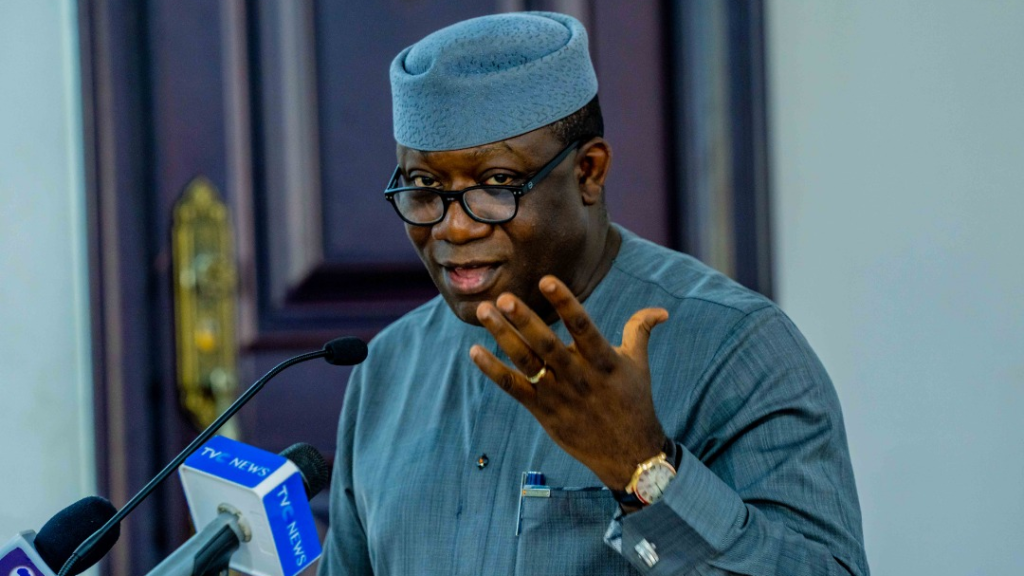Following South Africa and Morocco, Nigeria has grown to become the third-largest investment management centre in sub-Saharan Africa, with about N3.5 trillion ($7.8 billion) in assets under management as of the end of 2022.
This is a 25% increase over the previous year, according to a study by Agusto & Co.
Investor confidence increased as a result of incremental increases in returns on naira-based investments in the latter part of the year, and dollar-based portfolios grew as savvy Nigerians hedged against the naira’s continuous depreciation.
Despite this progress and substantial foreign exchange remittance inflows from Nigerians abroad ($20.9bn or N9.3tn in 2022), the study observes that the asset management sector in the country continues to underperform.
The industry’s expansion has been hampered by a number of factors, such as a sizable informal sector, a high prevalence of poverty, and the few investment possibilities available on the Nigerian capital market.
Impacts Of Exchange Rate And Inflation
The report noted that “the challenging operating environment in Nigeria has led to an erosion of real incomes and purchasing power, prompting a surge in investors’ inclination towards dollar-denominated assets,” adding that “escalating inflation and a substantial gap between the parallel market and official exchange rates have diminished the attractiveness of naira-based investments.”
According to the report, in 2022, segregated portfolios, which are tailored to the unique risk profiles and investment goals of individual clients, made up more than half of all managed assets (52%).
Collective investment schemes, which made up 42% of the assets under management, were followed by alternative assets, which made up the final 6%.
According to the report, as investors look for bigger returns, privately managed portfolios are becoming more popular.
Ada Peter



























